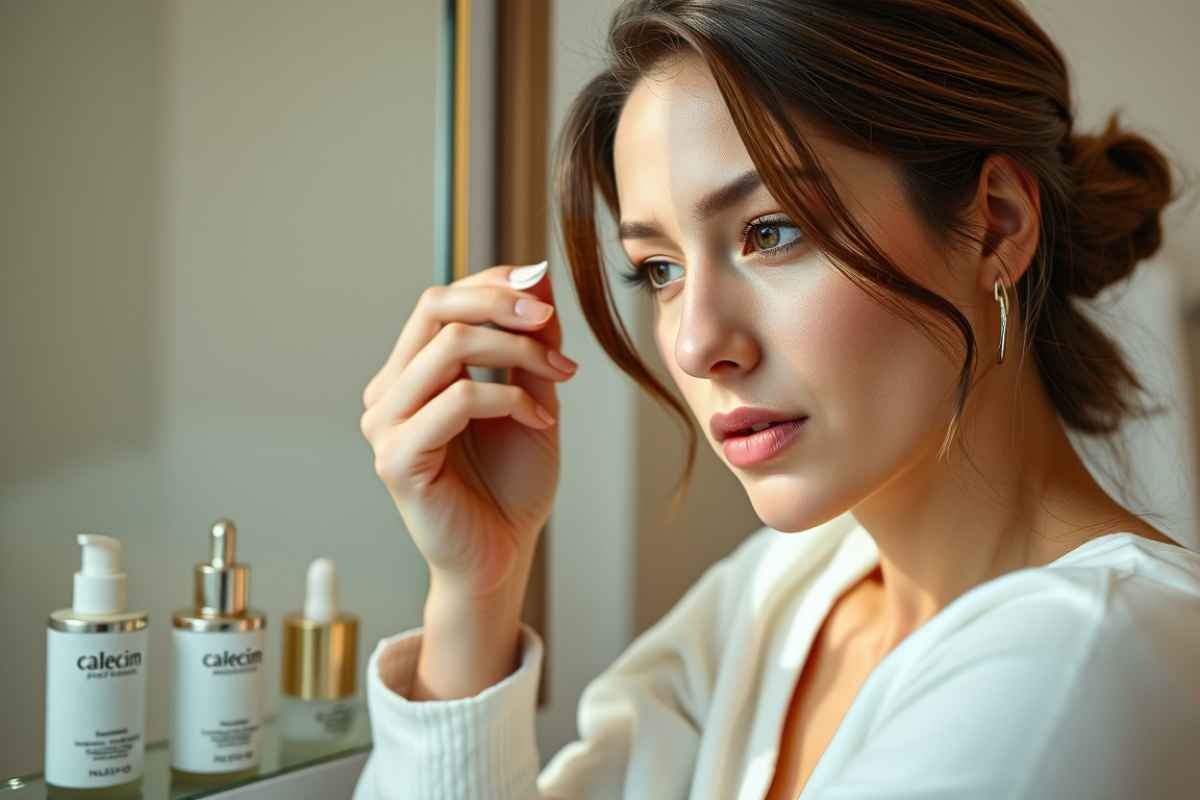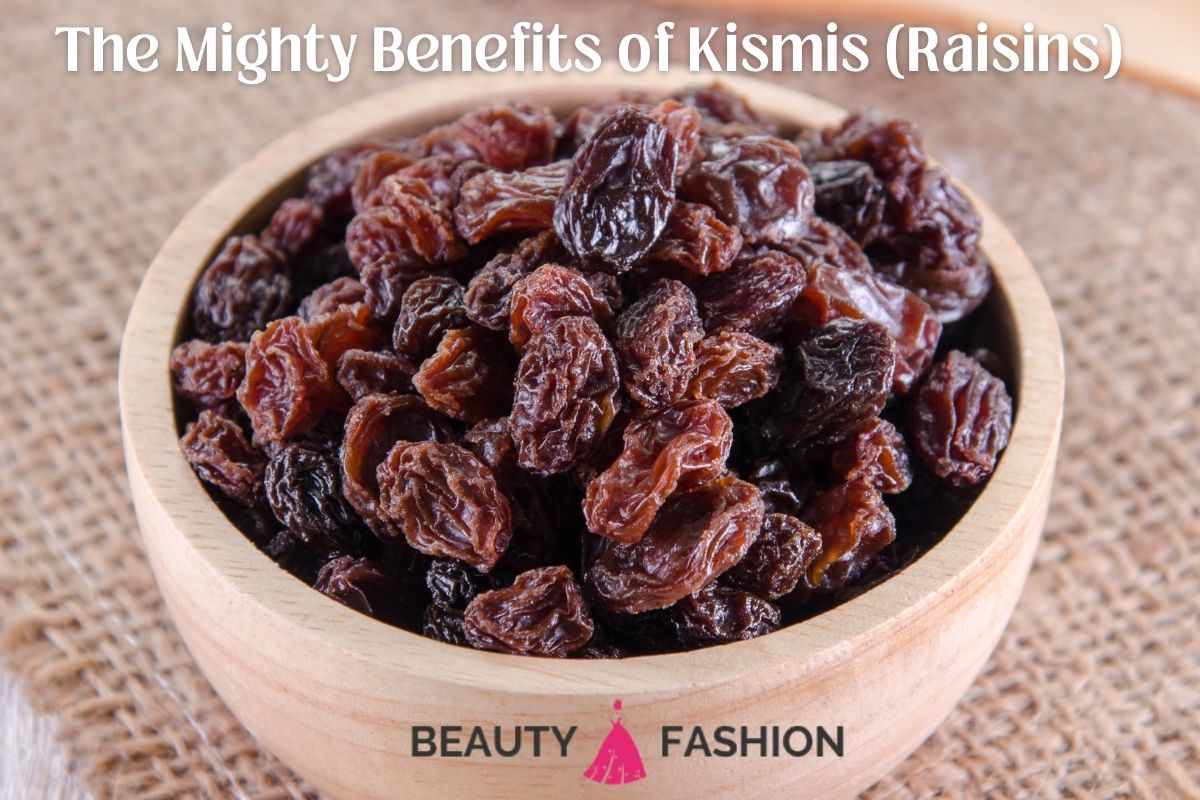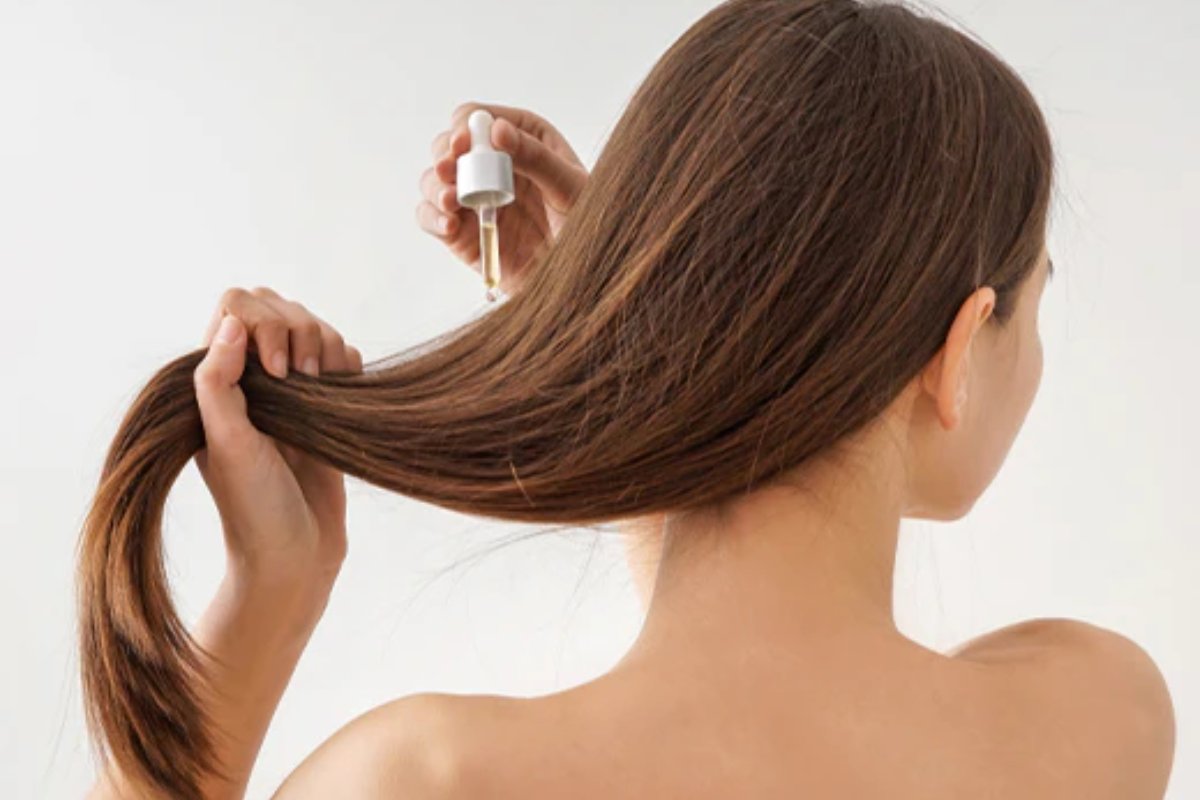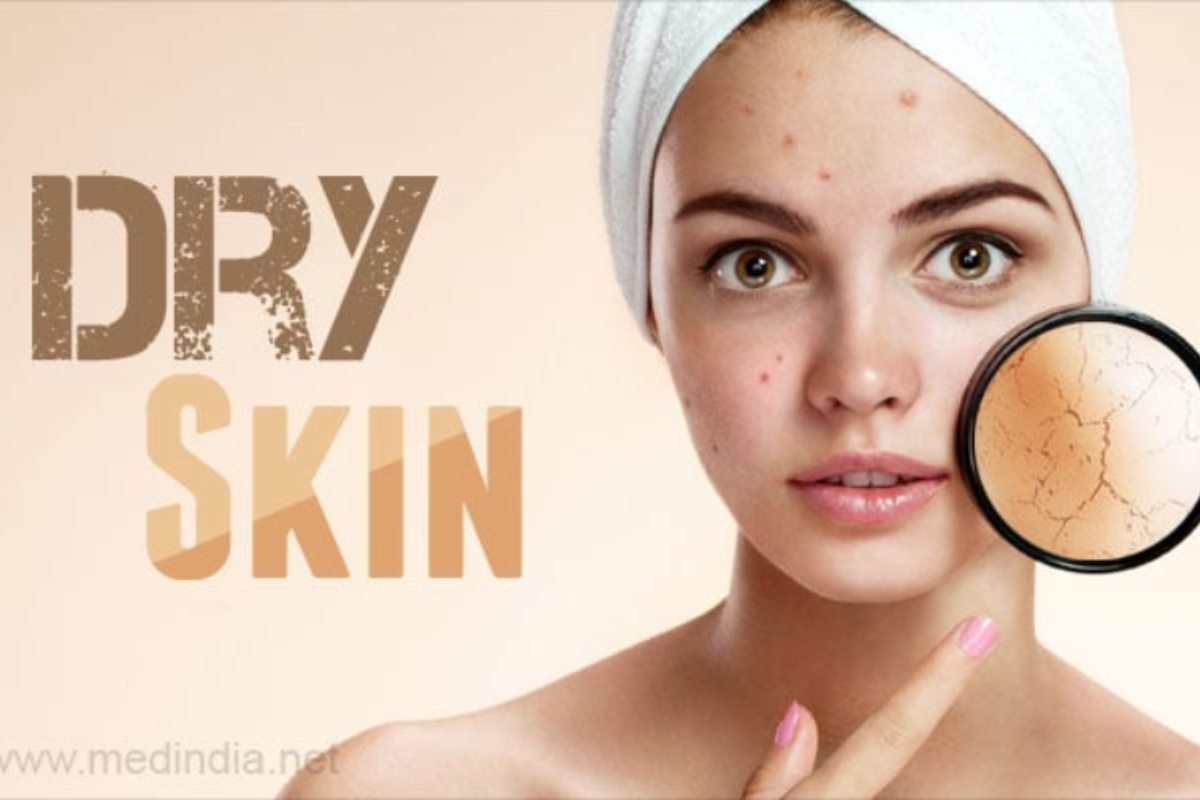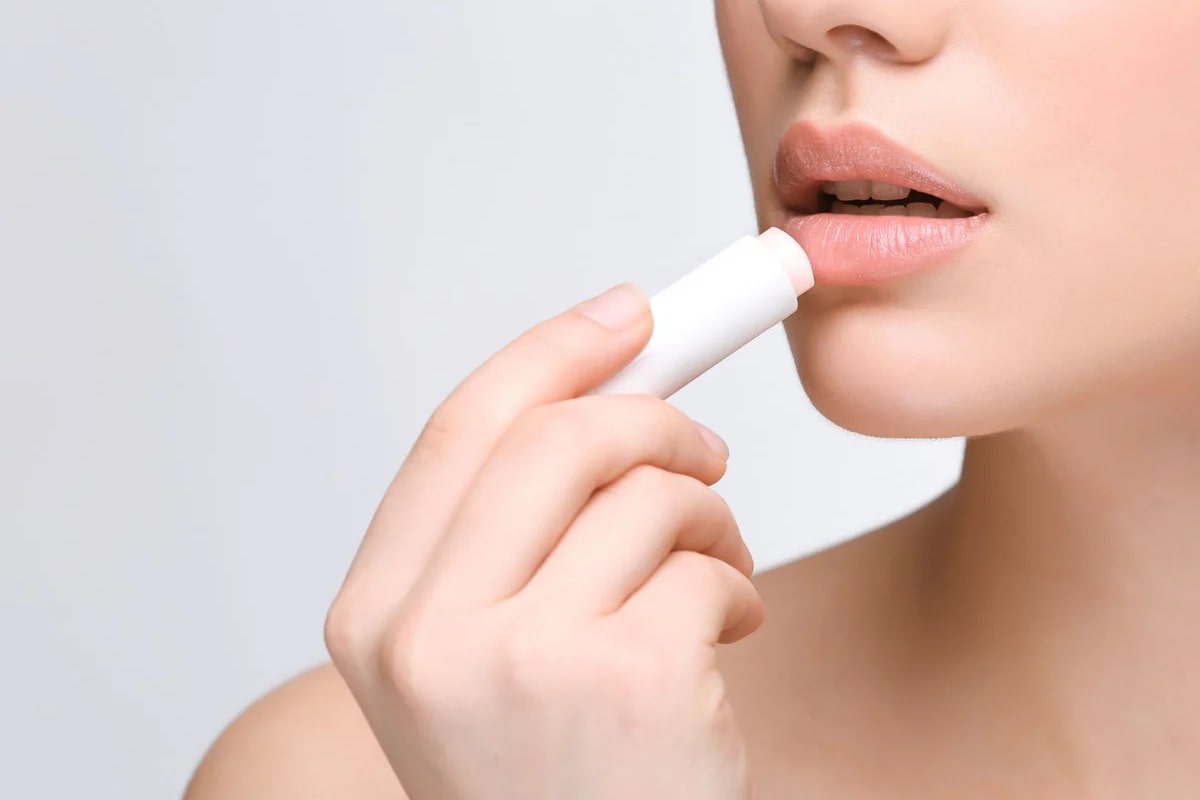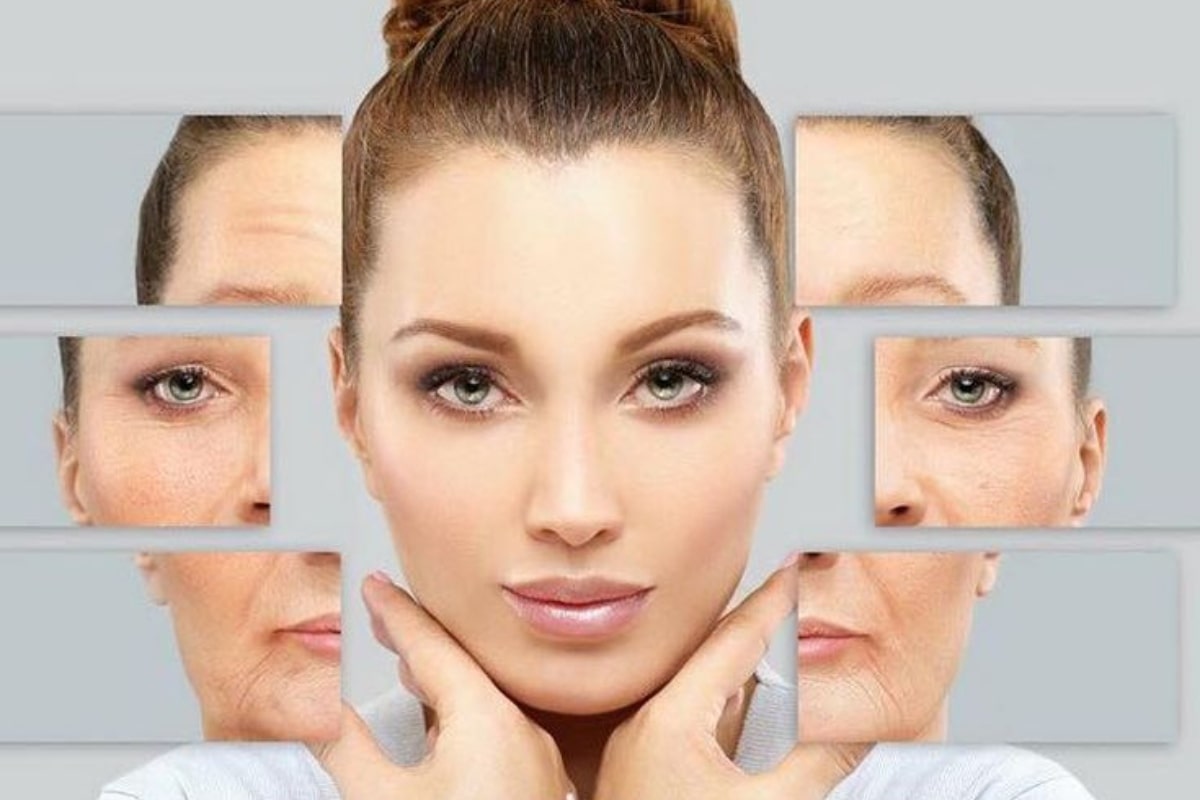Category : Health & Wellness
About the Health & Wellness Category
The Health & Wellness category on Beauty N Fashion Blog is all about helping women feel as good on the inside as they look on the outside. From everyday self-care routines to healthy lifestyle habits, this section connects beauty, confidence, and well-being in a way that fits modern, trend-conscious women. Whether readers are balancing busy schedules, chasing glowing skin, or trying to build healthier habits, this category is designed as a supportive, feminine space to stay informed and inspired.
What You’ll Find Here
Inside this category, readers can explore easy-to-follow wellness tips, skincare guides, and self-care routines that support clear skin, strong hair, and overall energy. Content may include glowing skin hacks, stress-relief ideas, healthy habit checklists, body-care routines, sleep and recovery tips, and product-based advice that links nutrition, lifestyle, and beauty from head to toe. Expect seasonal and trending ideas for 2025/2026, like cold-weather skin repair, summer body-care essentials, mindful movement, and wellness-focused beauty trends that fit into real everyday life.
Why This Category Matters
True beauty is easier to maintain when health, mindset, and daily habits are taken care of, and this category shows women exactly how to do that in simple, realistic steps. By blending health education with beauty tips, this section helps readers build routines that reduce stress, support hormonal balance, improve skin, hair, and mood, and ultimately boost feminine confidence from the inside out. Every article aims to feel like guidance from a trusted beauty-obsessed friend who also understands wellness science and modern lifestyle demands.
Explore & Learn More
Browse the Health & Wellness category to discover new rituals, expert-backed tips, and practical routines you can actually stick to. Explore guides, trends & beauty secrets inside this category.


